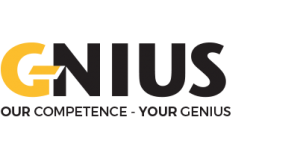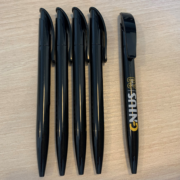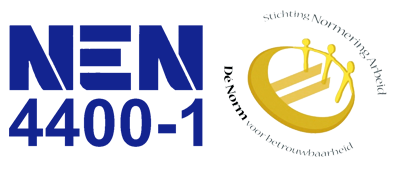Do you make a difference? #1
Tell me, why should we hire you for this role? And what sets you apart from other professionals?
These questions are among the top five most commonly asked in job interviews. At G-Nius, we also ask these questions during introductory meetings. It’s striking how few professionals can give a strong answer, and what’s even more noticeable is that many answers sound alike.
In the G-Nius series ‘Do you make a difference?‘, we provide you with tools, including a set of questions, tips, and ‘homework assignments’, to help you identify and transform your distinctive qualities as a professional or employer into powerful and personal answers to the above questions.
Part 1: The similarity and difference between ‘distinctive’ and ‘different’.
The similarity between ‘distinctive‘ and ‘different‘ lies in the demonstrable differences between you and other team members. It’s important to A. be aware of these differences, and B. understand the significance of these differences so that you can prepare for or anticipate them.
The main difference lies in the association people have with both words. ‘Distinctive’ is generally experienced positively, while ‘different’ more often leads to a negative association.
When you add value to a team and thus enhance the team’s strength, you are seen as ‘distinctive’.
When colleagues are not clear about how you can add value to the team, you are often labeled as ‘different’. In practice, this is often translated as a lack of ‘fit’.
People prefer to work with individuals they can relate to. They find it more difficult to connect with those who are ‘different’. After all, we all know the saying “Fear of the unknown”.
Insight: It’s important to realize that when the context changes, something that was once ‘distinctive’ can easily turn into ‘different’, and vice versa.
Assignment: Think about, and write down the points where you are different and how those differences can be of added value to others within the team.






